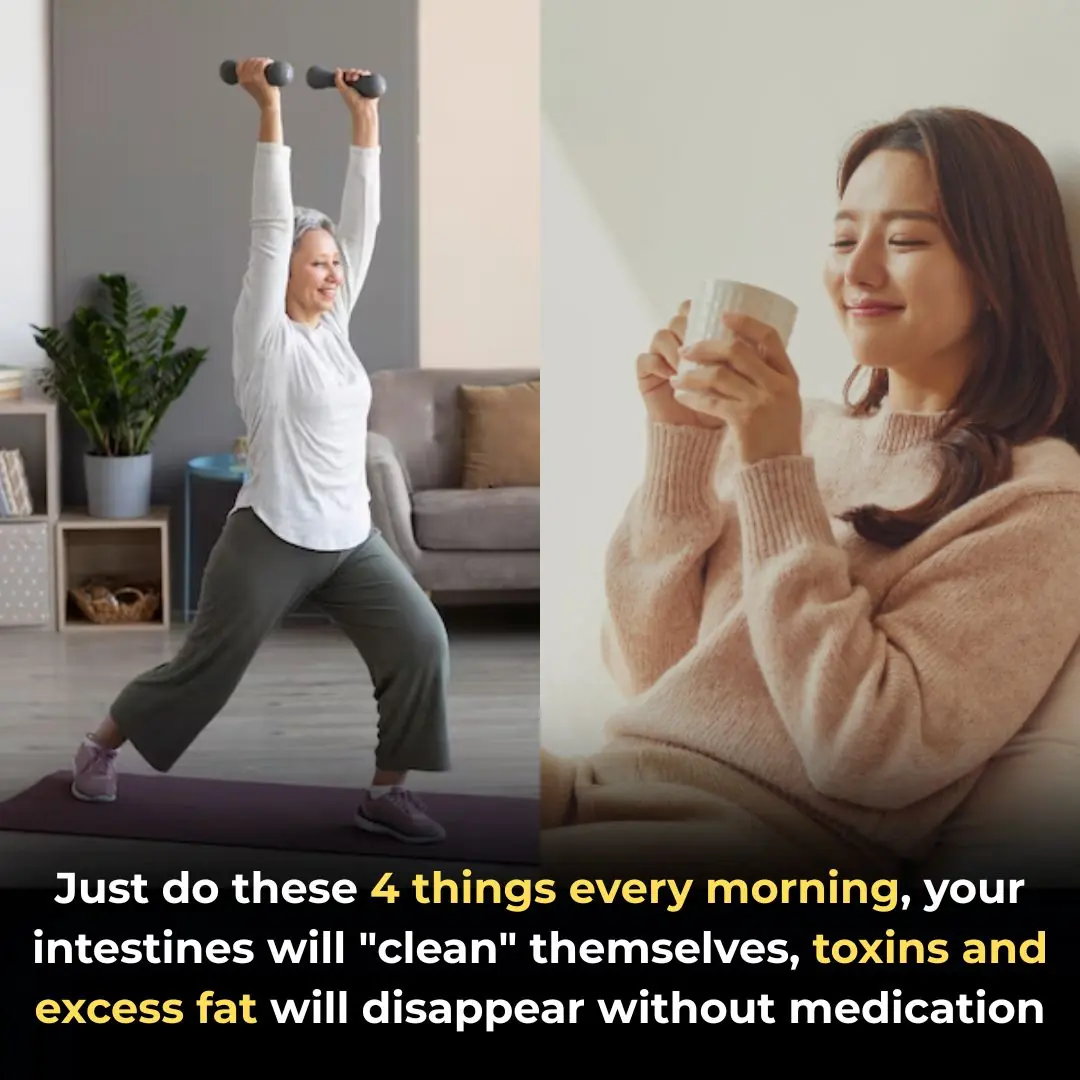
Cocoa flavanols may protect blood vessels even when you sit for hours
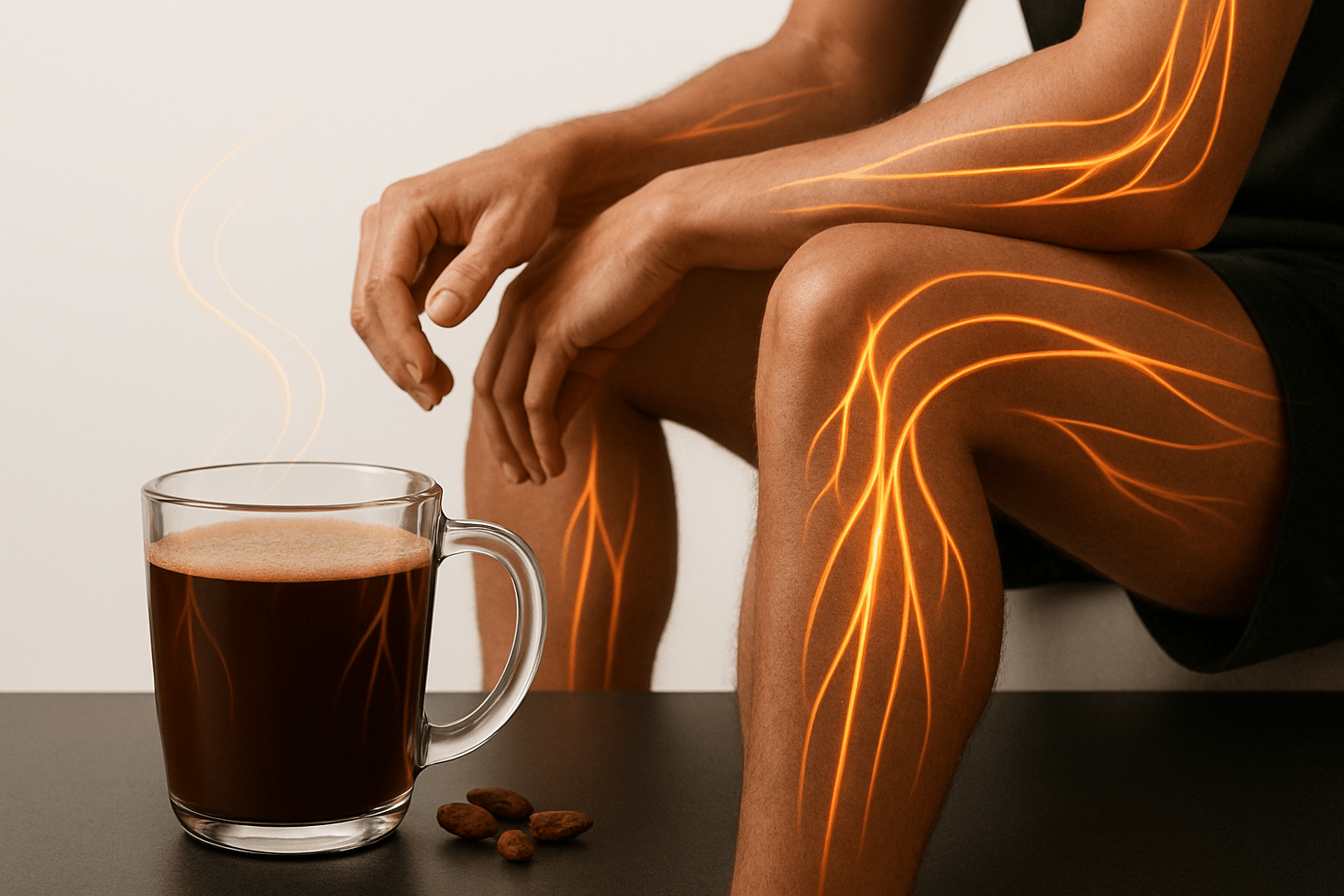
New research suggests that consuming cocoa rich in flavanols can help protect blood vessel function, even after extended periods of sitting. Remarkably, this protective effect appears to hold true regardless of an individual’s cardiovascular fitness, challenging the common belief that regular exercise alone can fully counteract the negative consequences of a sedentary lifestyle.
Key Takeaways
-
High cardiovascular fitness does not protect blood vessels from damage caused by just two hours of sitting.
-
Drinking cocoa high in flavanols before sitting preserved blood vessel function in both the arms and legs, regardless of fitness level.
-
Flavanols did not prevent increases in diastolic blood pressure caused by sitting.
-
Strategic consumption of flavanol-rich foods may offer vascular protection during unavoidable sedentary periods.
Fitness Falls Short Against Sitting’s Immediate Toll
Contrary to popular assumptions, a recent study published in The Journal of Physiology demonstrates that excellent cardiovascular fitness provides no immunity against the short-term vascular effects of prolonged sitting. In the study, young men with high levels of cardiovascular fitness experienced similar impairments in blood vessel function after two hours of sitting as their less-fit peers.
This finding is especially significant given modern lifestyle trends: young adults often spend around six hours per day in sedentary activities such as desk work, gaming, or streaming. Even those who exercise regularly cannot completely offset the acute vascular consequences of uninterrupted sitting.
Cocoa Flavanols Show a Protective Effect
The study highlighted a notable benefit when participants consumed a cocoa beverage rich in flavanols before sitting. Blood vessel function, measured through flow-mediated dilation in the brachial and superficial femoral arteries, remained stable—or in some cases slightly improved—among both high-fit and low-fit participants.
Flavanols appear to work through mechanisms distinct from physical activity. While exercise enhances vascular function by increasing blood flow, flavanols seem to support nitric oxide production and reduce substances that constrict blood vessels. The dose of flavanols used in the study is achievable through everyday dietary sources, such as:
-
Unprocessed cocoa powder
-
Dark chocolate (preferably ≥70% cocoa)
-
Green tea
-
Berries (e.g., blueberries, blackberries)
-
Apples
Regular inclusion of these foods could potentially help maintain vascular health during periods of prolonged sitting.
Blood Pressure and Tissue Oxygenation Still Concern
Despite the protective effects on blood vessel elasticity, flavanols did not prevent an increase in diastolic blood pressure caused by sitting. All participants, regardless of flavanol intake or fitness, experienced a rise in their bottom blood pressure number.
Moreover, prolonged sitting led to a decline in muscle tissue oxygenation in the calves, which flavanols did not mitigate. These findings suggest that while flavanols may help preserve blood vessel function, they are not a complete solution against all cardiovascular stressors associated with inactivity.
Practical Implications and Limitations
This study indicates that incorporating flavanol-rich foods into your diet could be a useful strategy for mitigating some of the vascular damage caused by sitting. Simple dietary adjustments—such as adding dark chocolate, berries, apples, or green tea—can be easily implemented.
However, several limitations should be considered:
-
The study included only young men, so results may not directly translate to women, older adults, or individuals with pre-existing cardiovascular conditions.
-
Many commercially available cocoa products contain added sugar and fat, which could offset the health benefits of flavanols if consumed in excess.
While exercise remains critical for overall cardiovascular health, this research underscores that even highly active individuals cannot fully “out-exercise” the immediate vascular consequences of prolonged sitting. Combining regular movement breaks with strategic consumption of flavanol-rich foods may provide a more comprehensive approach to protecting vascular health in today’s increasingly sedentary world.
News in the same category

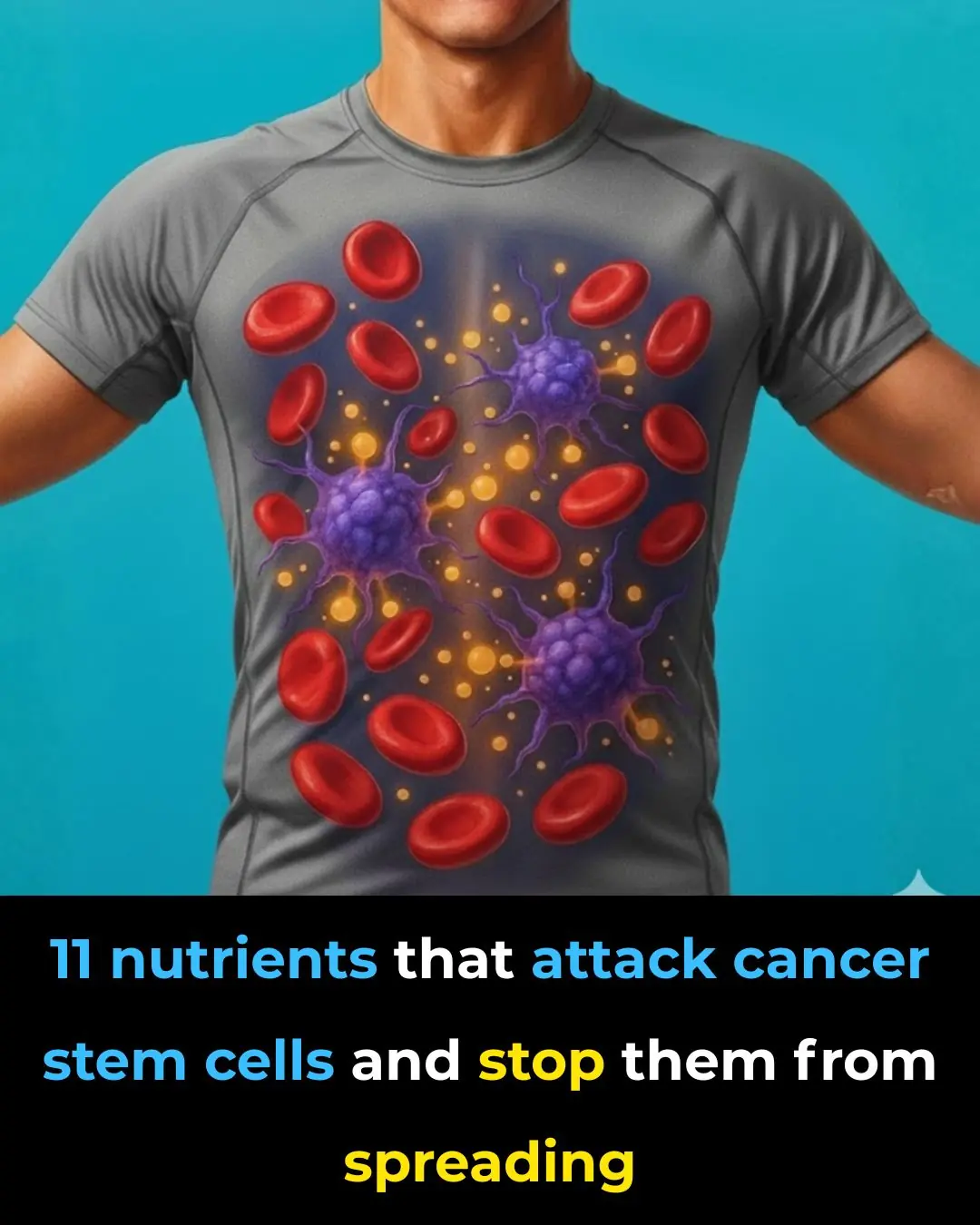
Top 11 Nutrients To Destroy Cancer Stem Cells
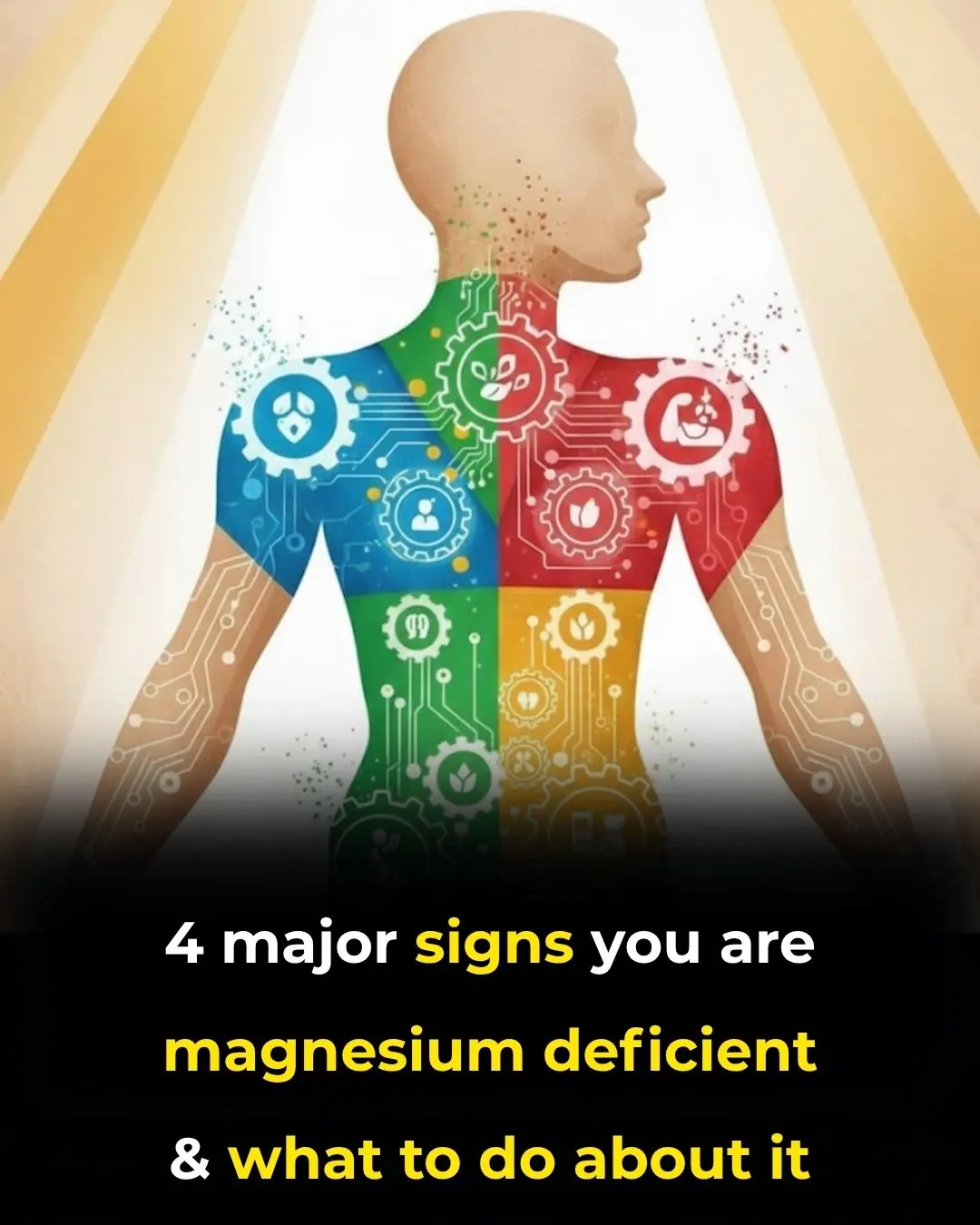
Major Signs You Are Magnesium Deficient (and What To Do About It!)
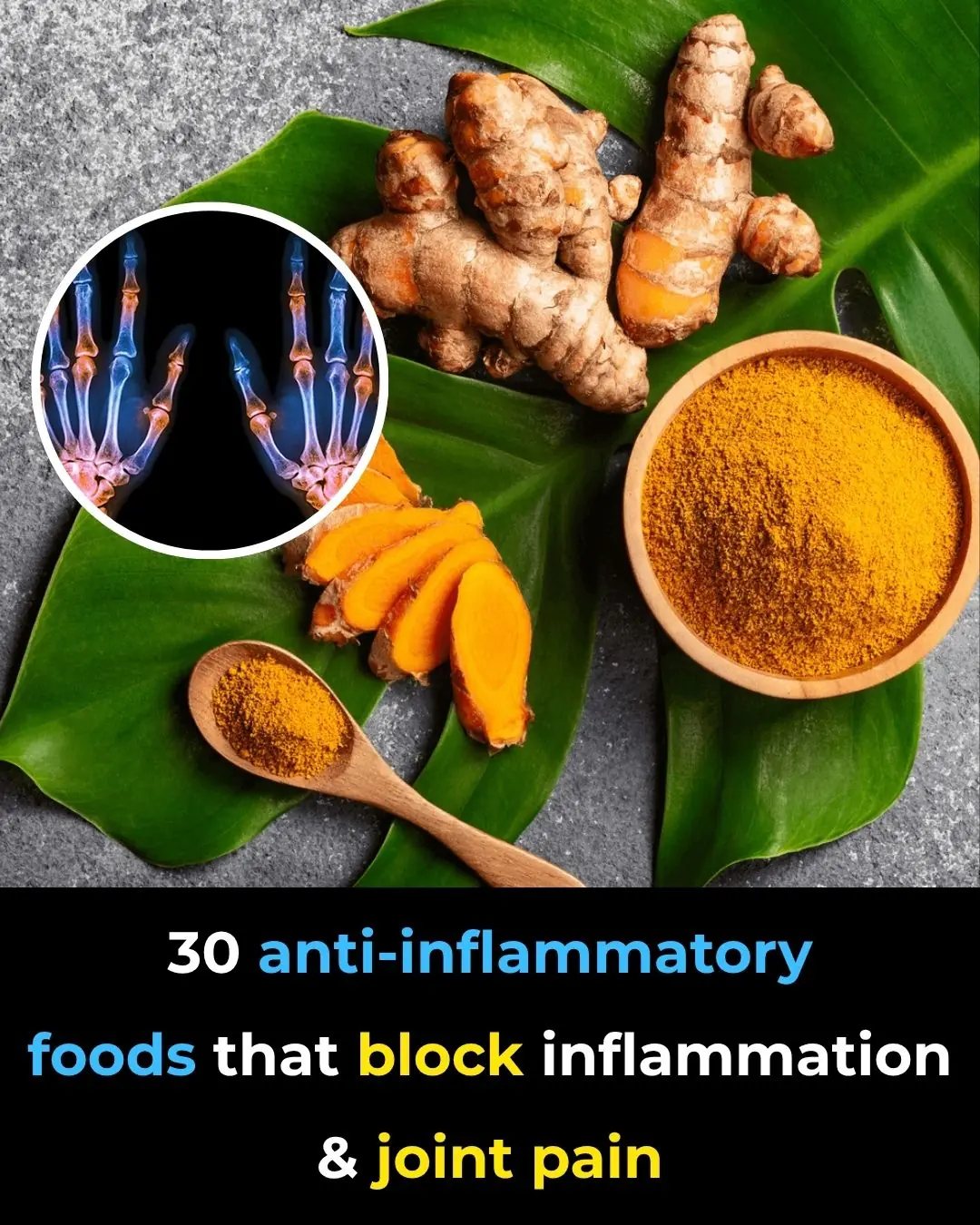
30 Anti-inflammatory Foods That Block Inflammation & Joint Pain (backed by science)
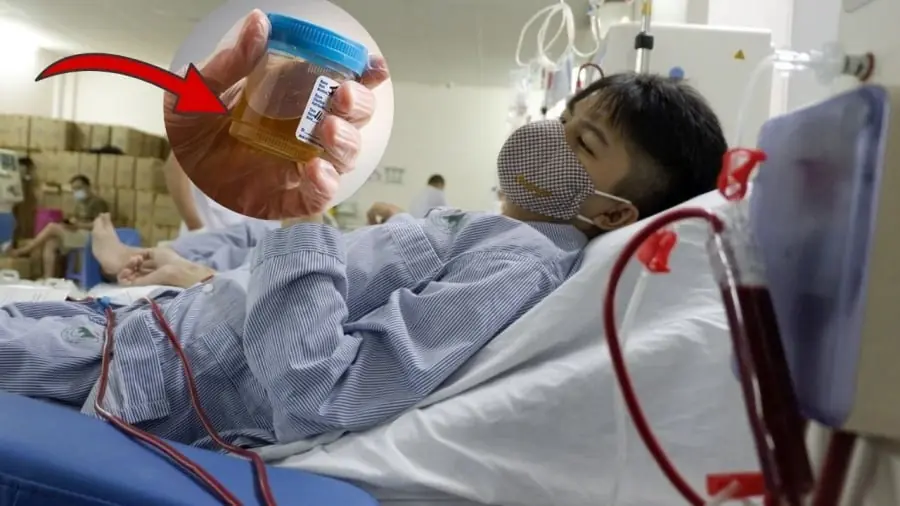
2 Signs of Kidney Failure: If Your Morning Urine Shows This Sign, See a Doctor Immediately
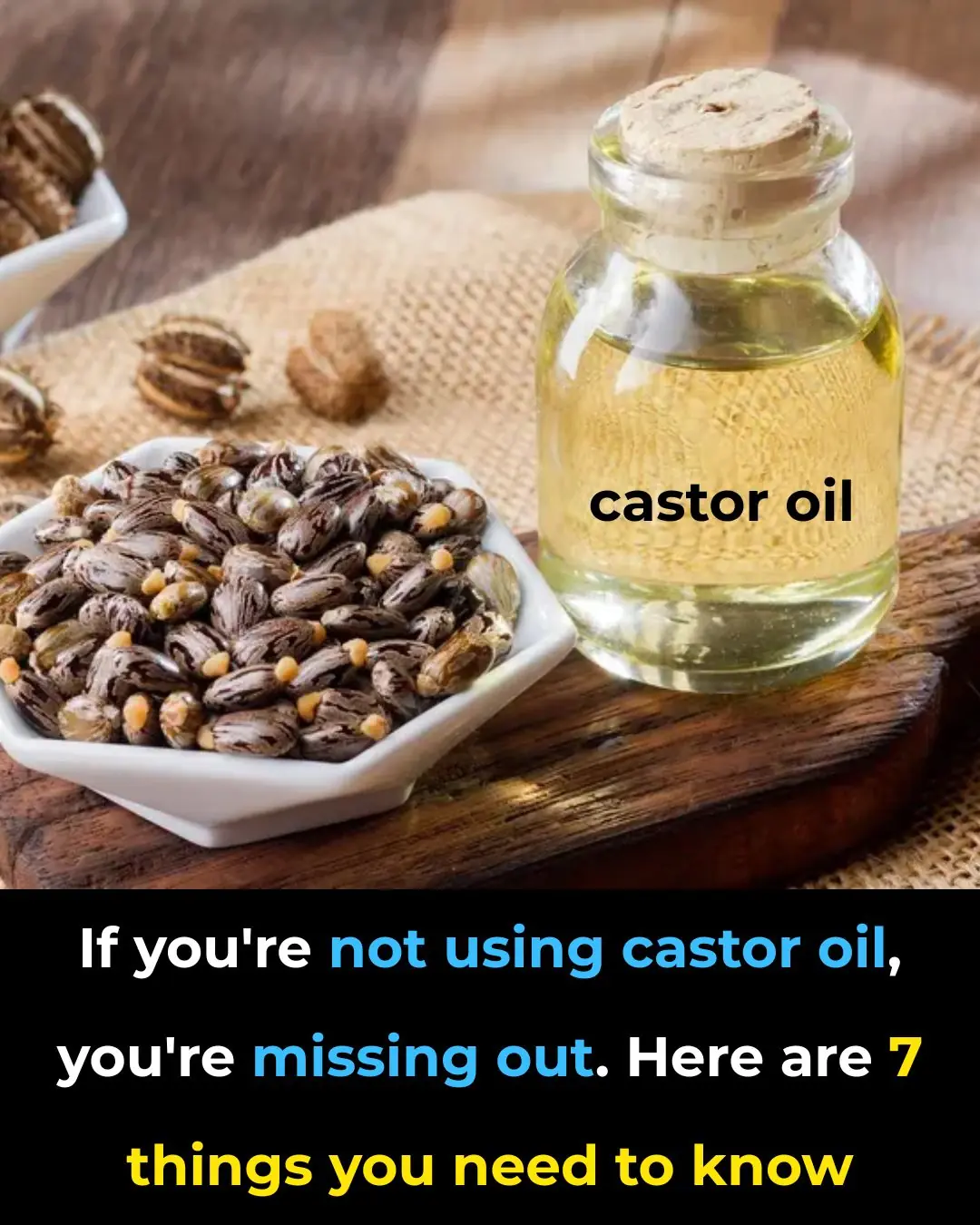
If You’re Not Using Castor Oil You’re Missing Out
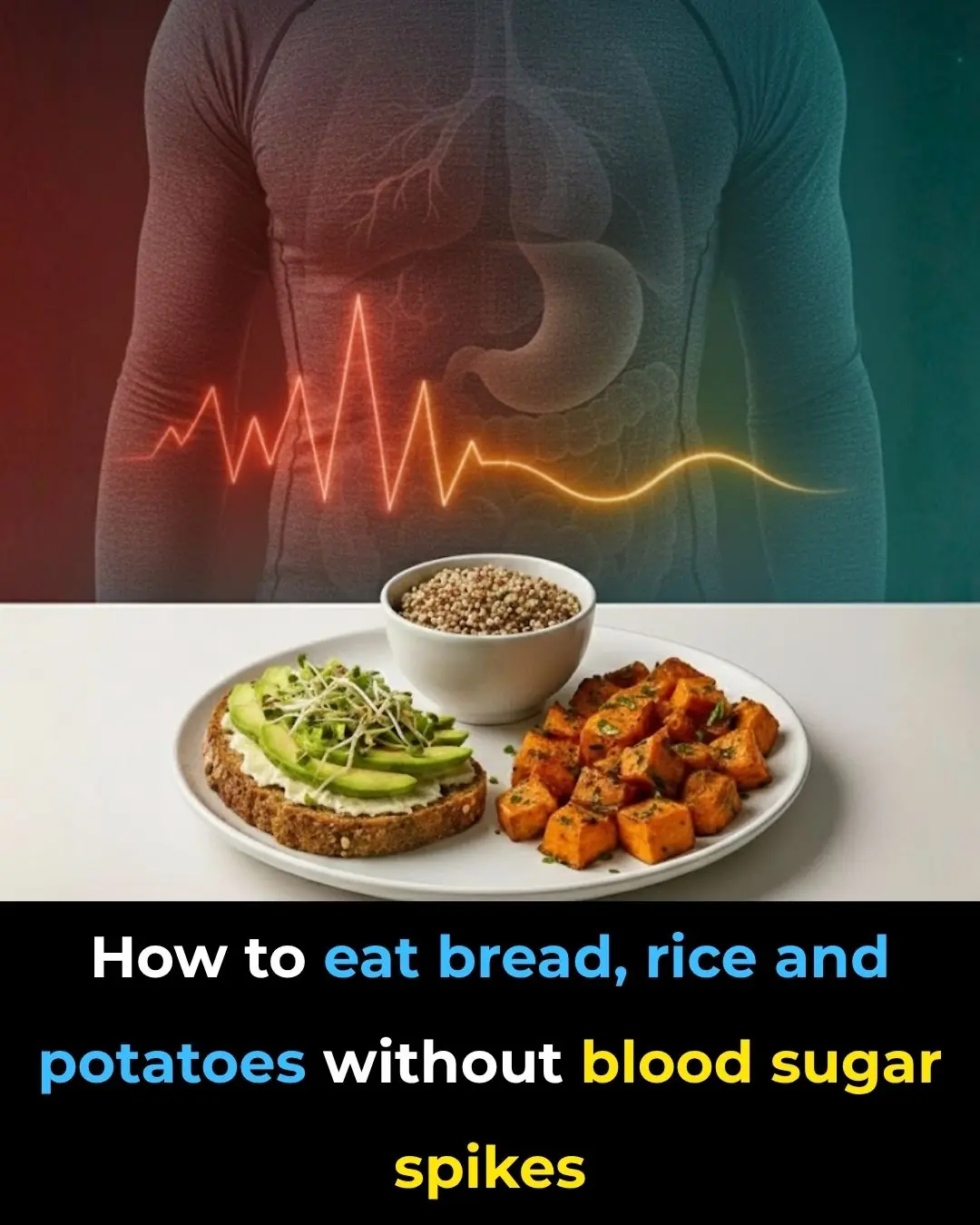
How to eat bread, rice, and potatoes without blood sugar spikes
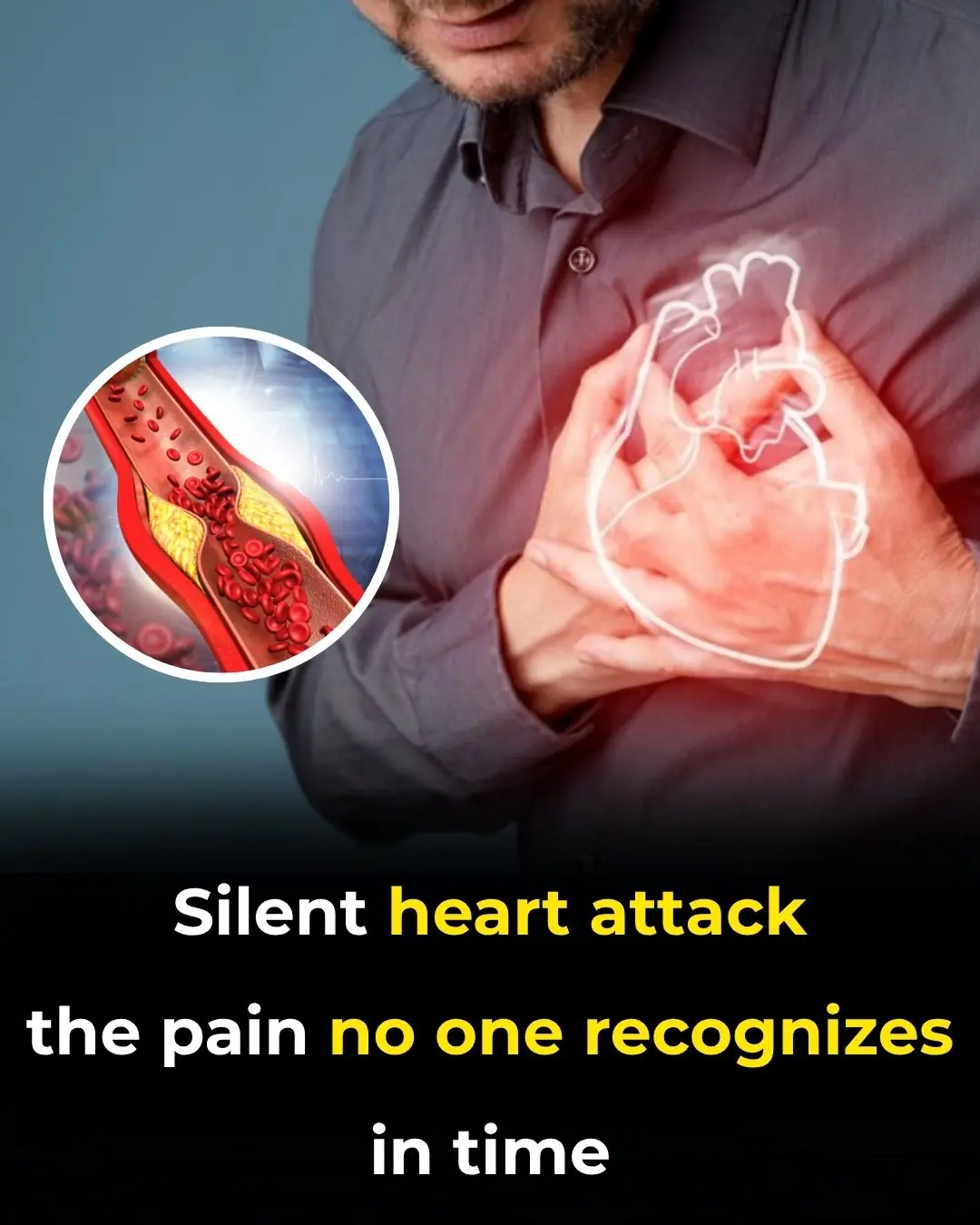
Silent heart attack — the pain no one recognizes in time
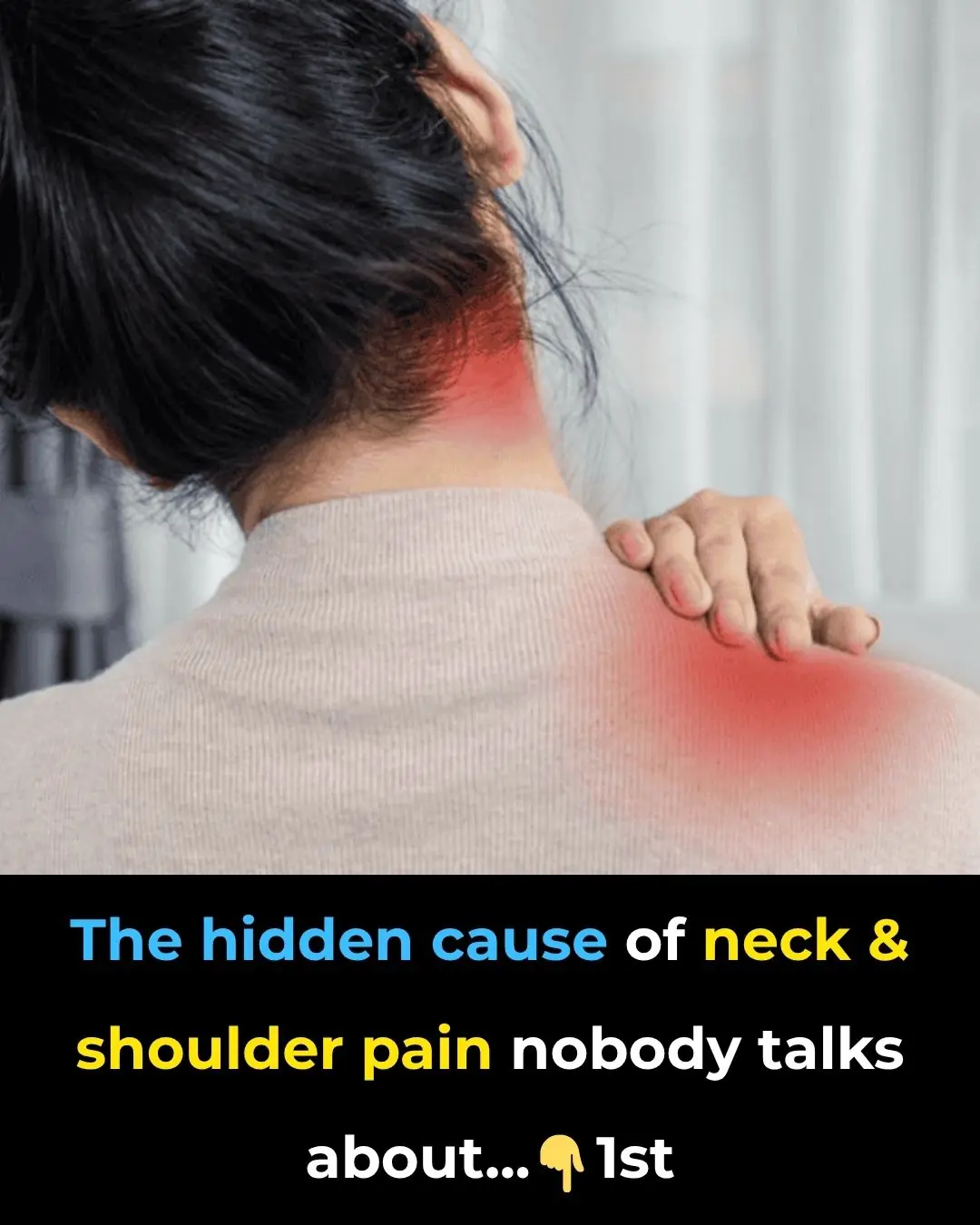
The HIDDEN cause of neck and shoulder pain nobody talks about

Health officials issue warning over ‘very contagious’ disease spreading across US state

🫁 1 Cup to Cleanse Your Lungs of Phlegm and Toxins Naturally
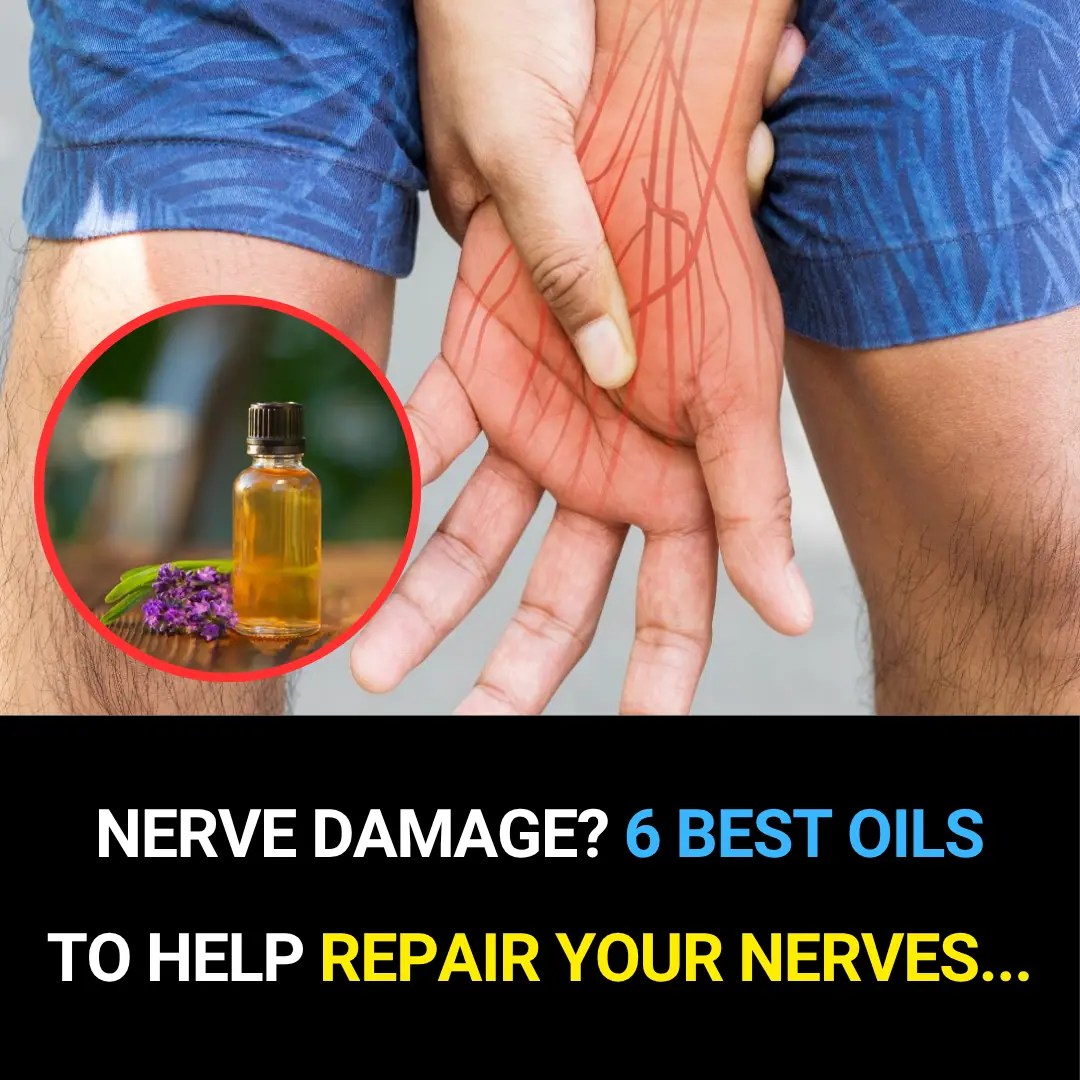
🧠 Nerve Damage? The 6 Best Essential Oils to Help Repair and Soothe Your Nerves
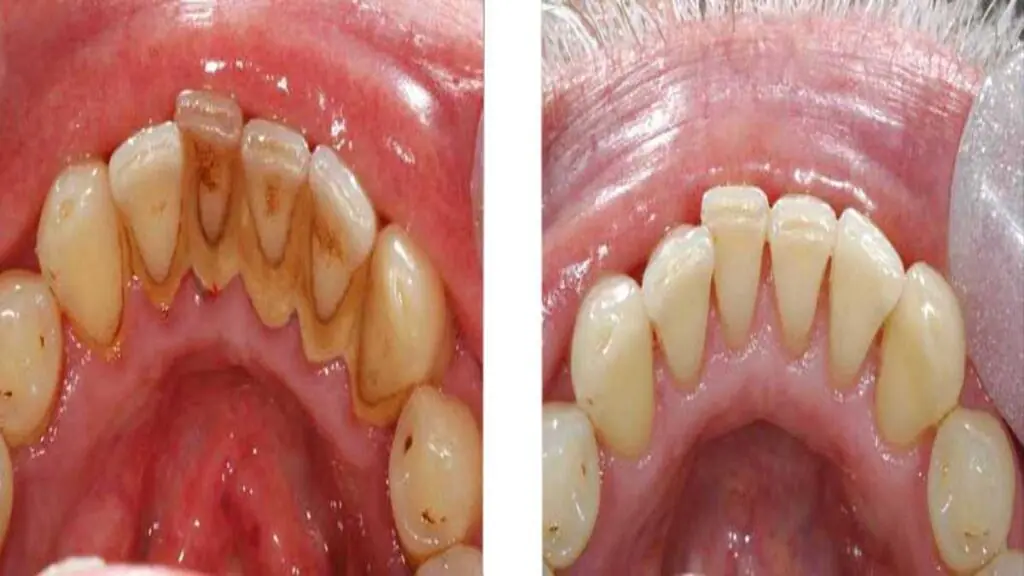
🦷 The #1 Best Remedy for Dental Plaque and Tartar Buildup (Dentist-Approved Home Method)
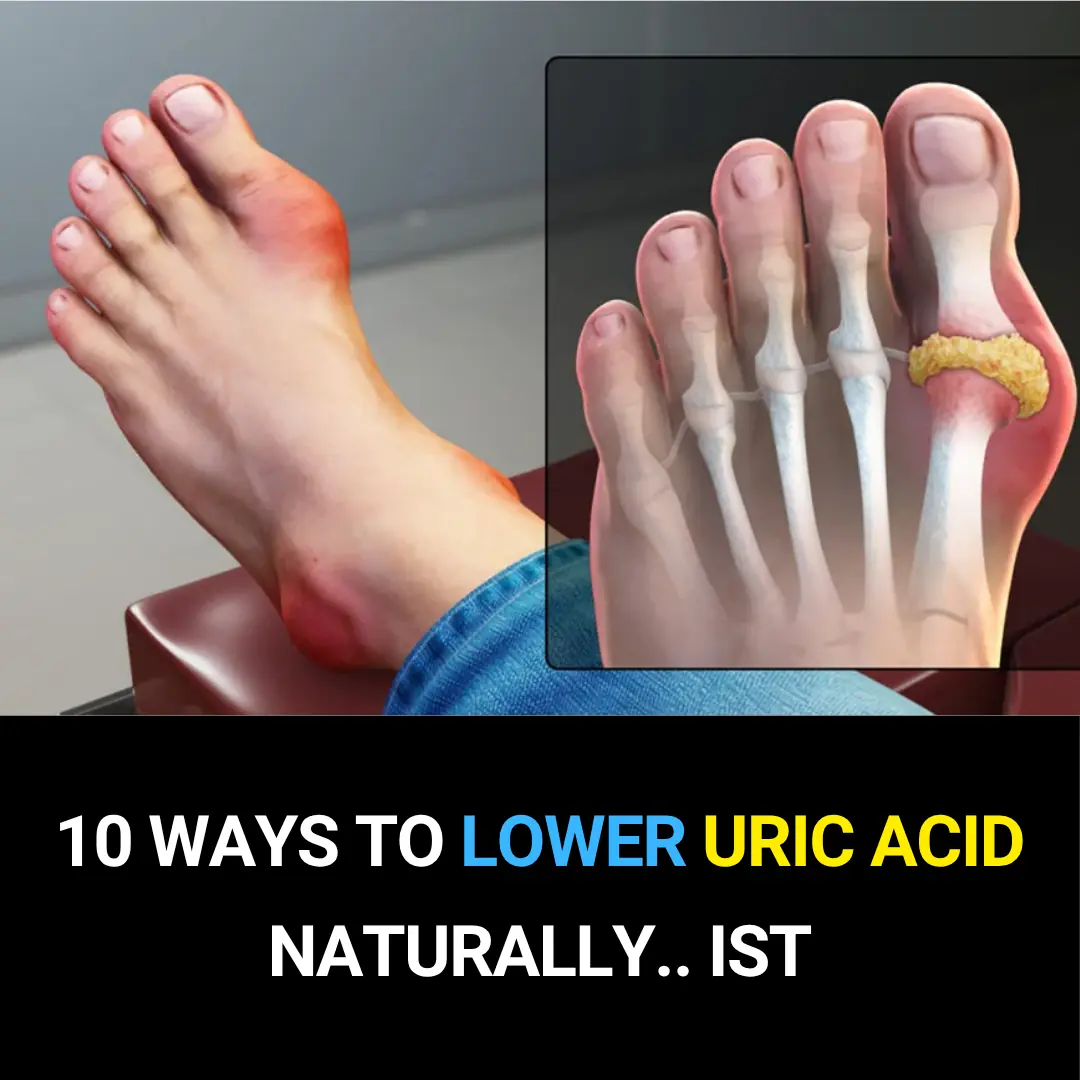
10 Proven Ways to Lower Uric Acid Naturally (Backed by Science)
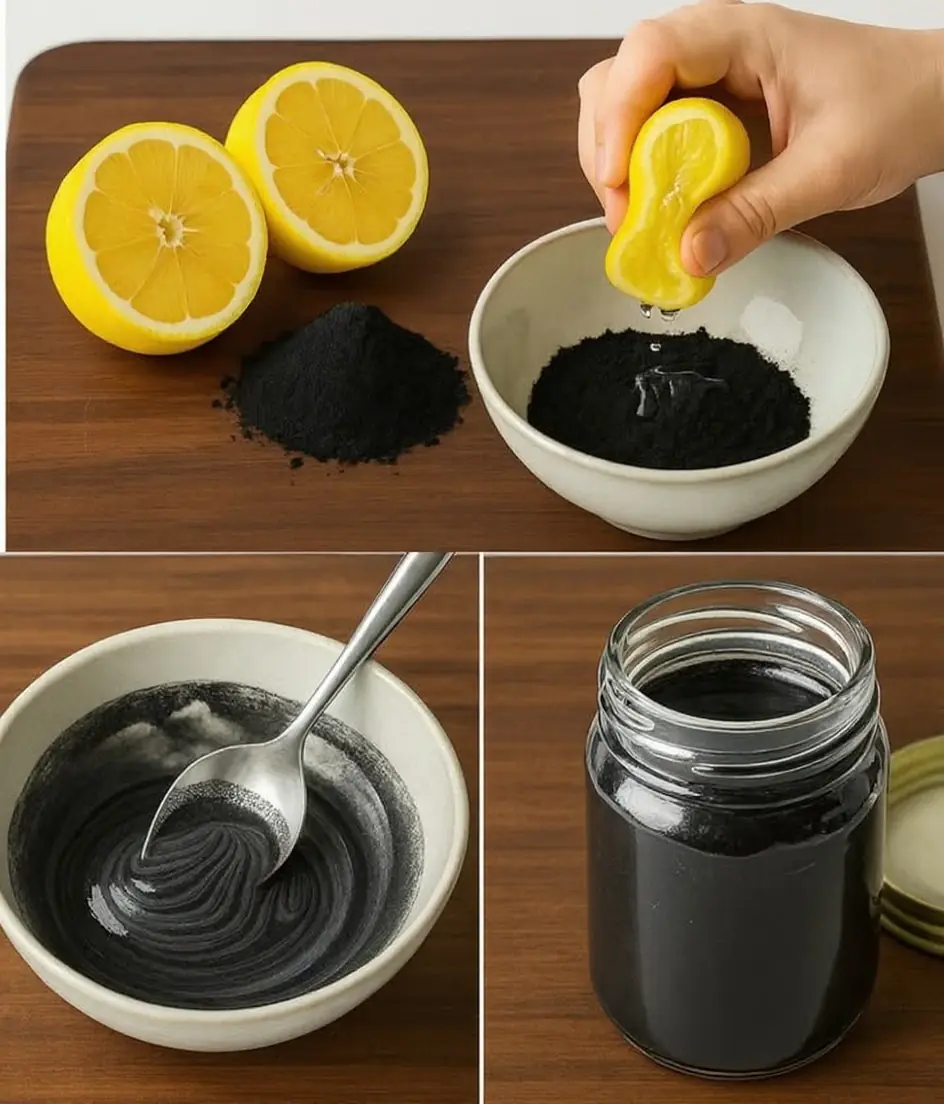
Mix Lemon with Activated Charcoal and Stop Wasting Money at the Store

Cancer HATES These 6 Seeds – Seniors, Eat Them Daily (FIGHT Cancer Naturally)
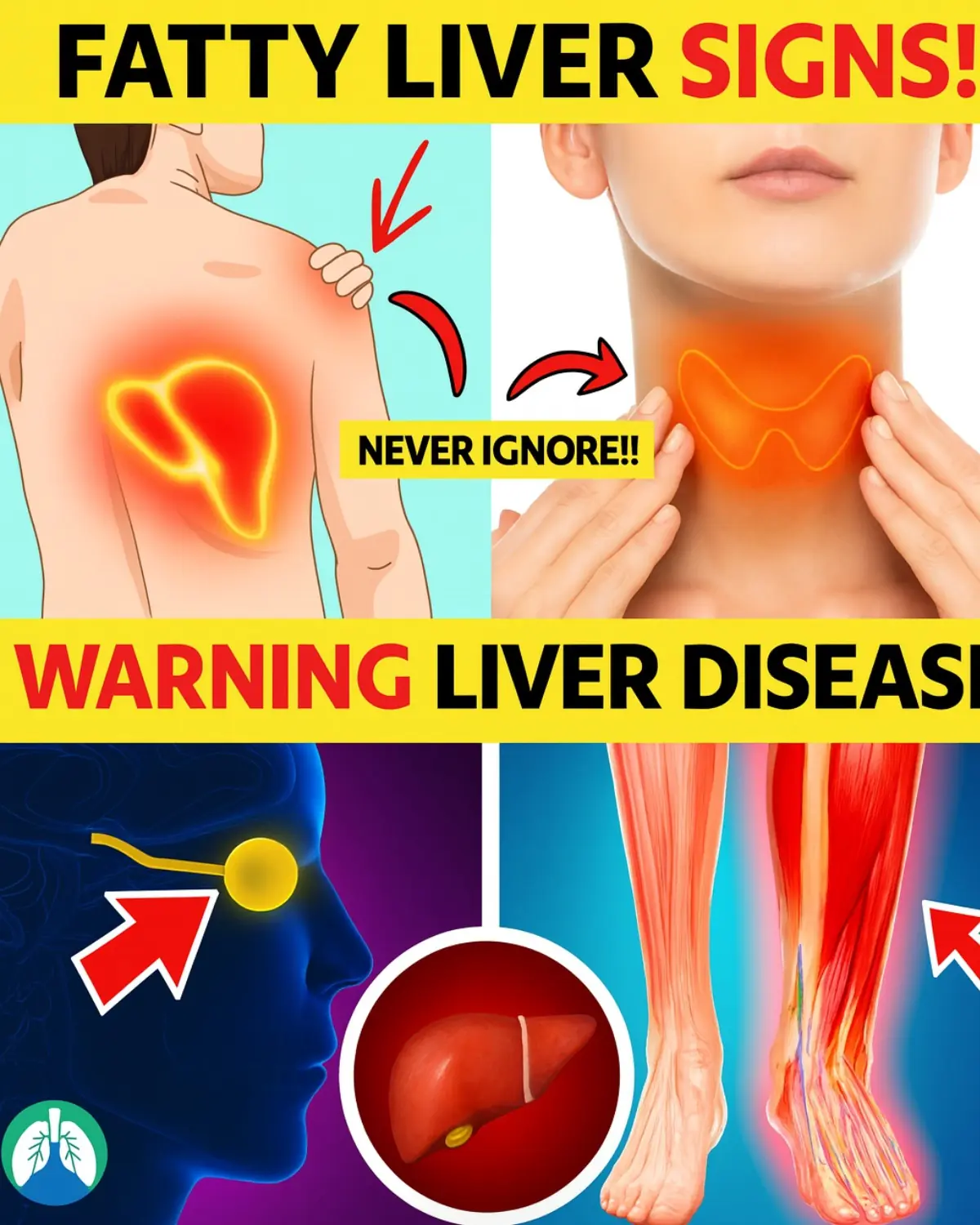
Never Ignore These 8 Early Signs of a Fatty Liver

Silent Heart Attack — The Pain No One Recognizes in Time
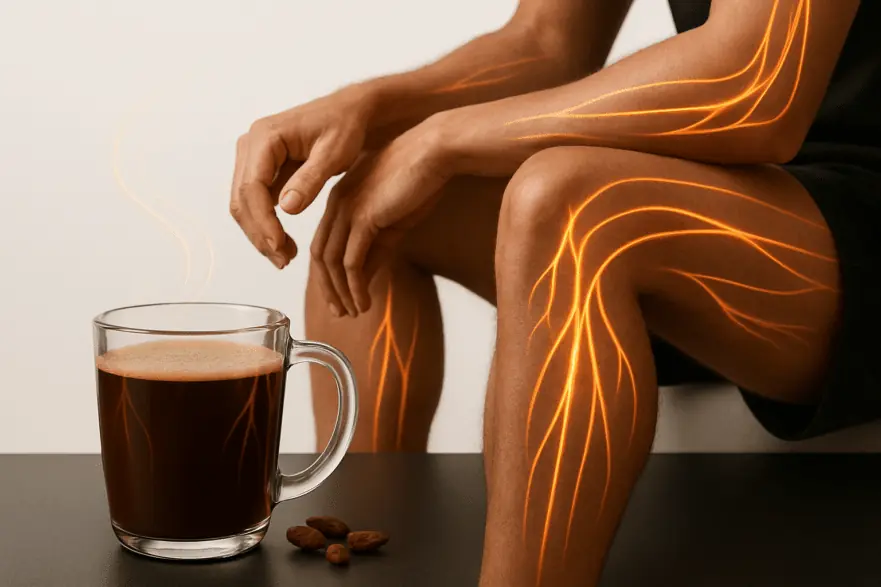
Cocoa Flavanols May Protect Blood Vessels Even When You Sit for Hours
News Post

The Heartbeat of Compassion: The Unlikely Hero Who Saved a Hippo's Life

Zoo in Thailand Shut Down After Bears in Giant Hamster Balls Turn on Guests
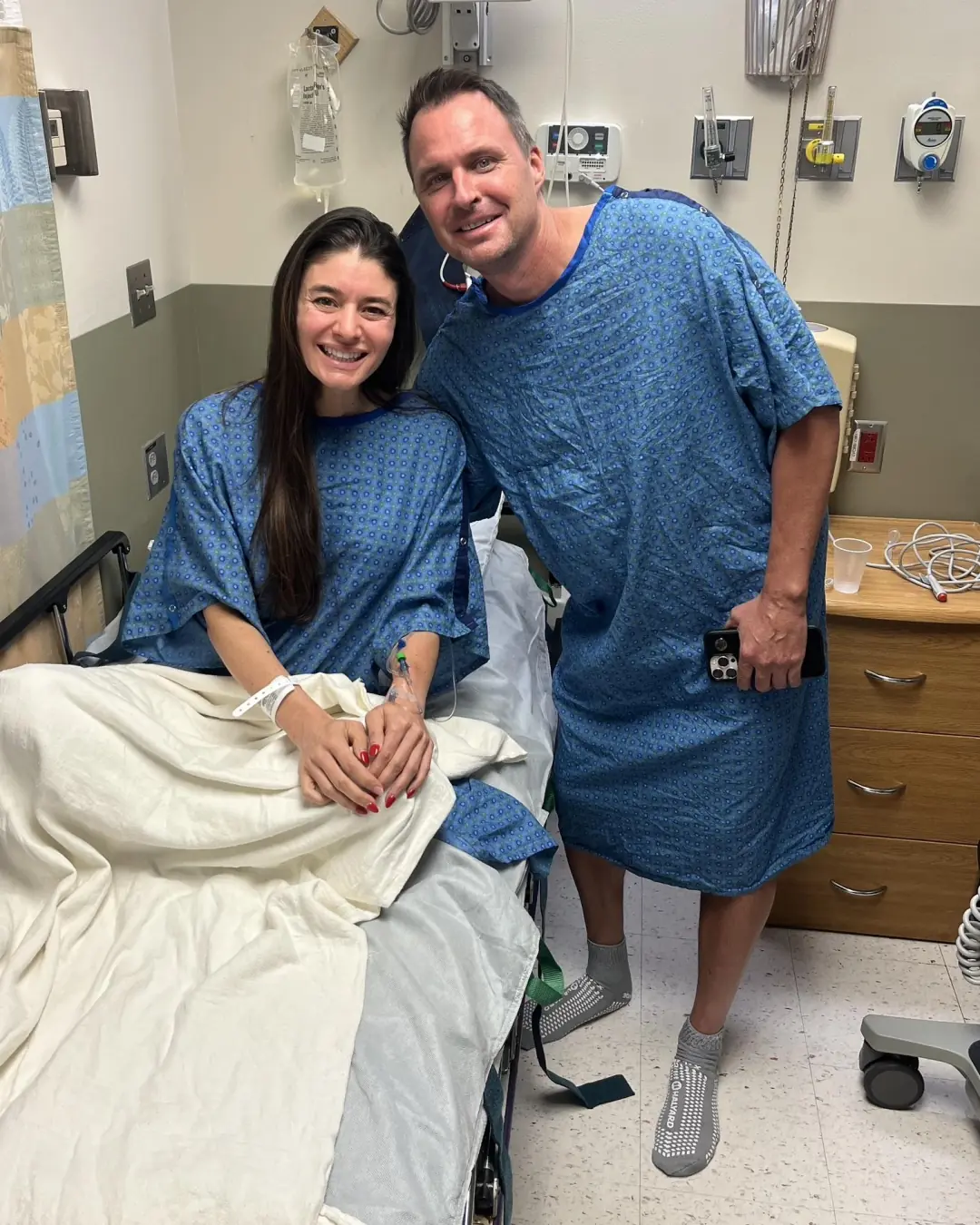
A Pitcher’s Second Chance: How a High School Classmate Stepped Up to Save Steven Register’s Life

Rooting for Will: A Tuesday of Joy Before a Wednesday of Courage

Two Hearts That Needed Each Other.

The Mother Who Delivered More Than Food.

The Boy Who Paid for a Stranger’s Meal When No One Was Watching.

How To Use a Frozen Lemon To Fight Malignant Tumors in The Body

Can I Eat Without Hiding Now?

He Thought It Was Just Another Shift — Until a Life Was Placed in His Hands.
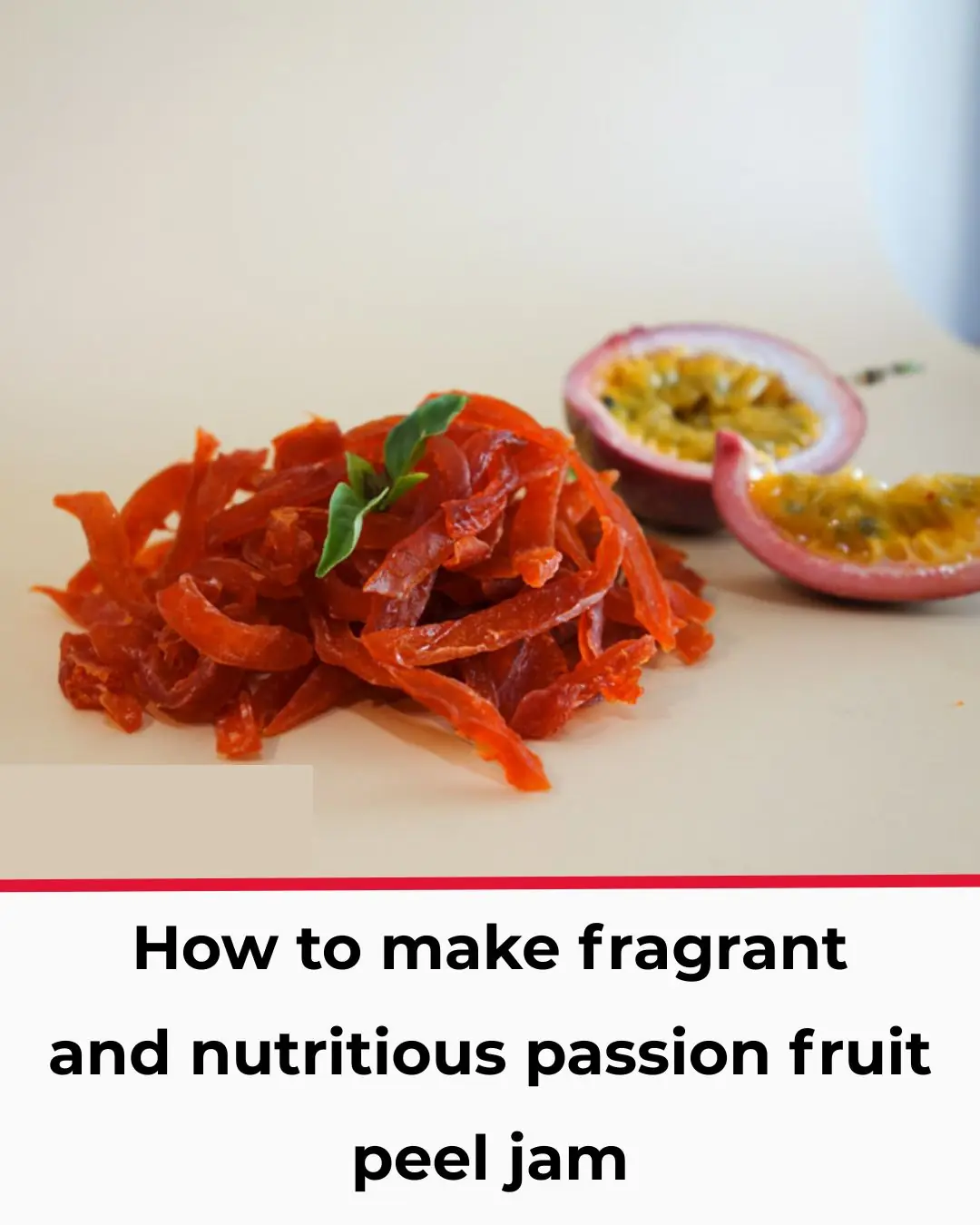
How to make fragrant and nutritious passion fruit peel jam

The refrigerator gasket is moldy, use this to clean it, it will be clean in just 5 minutes
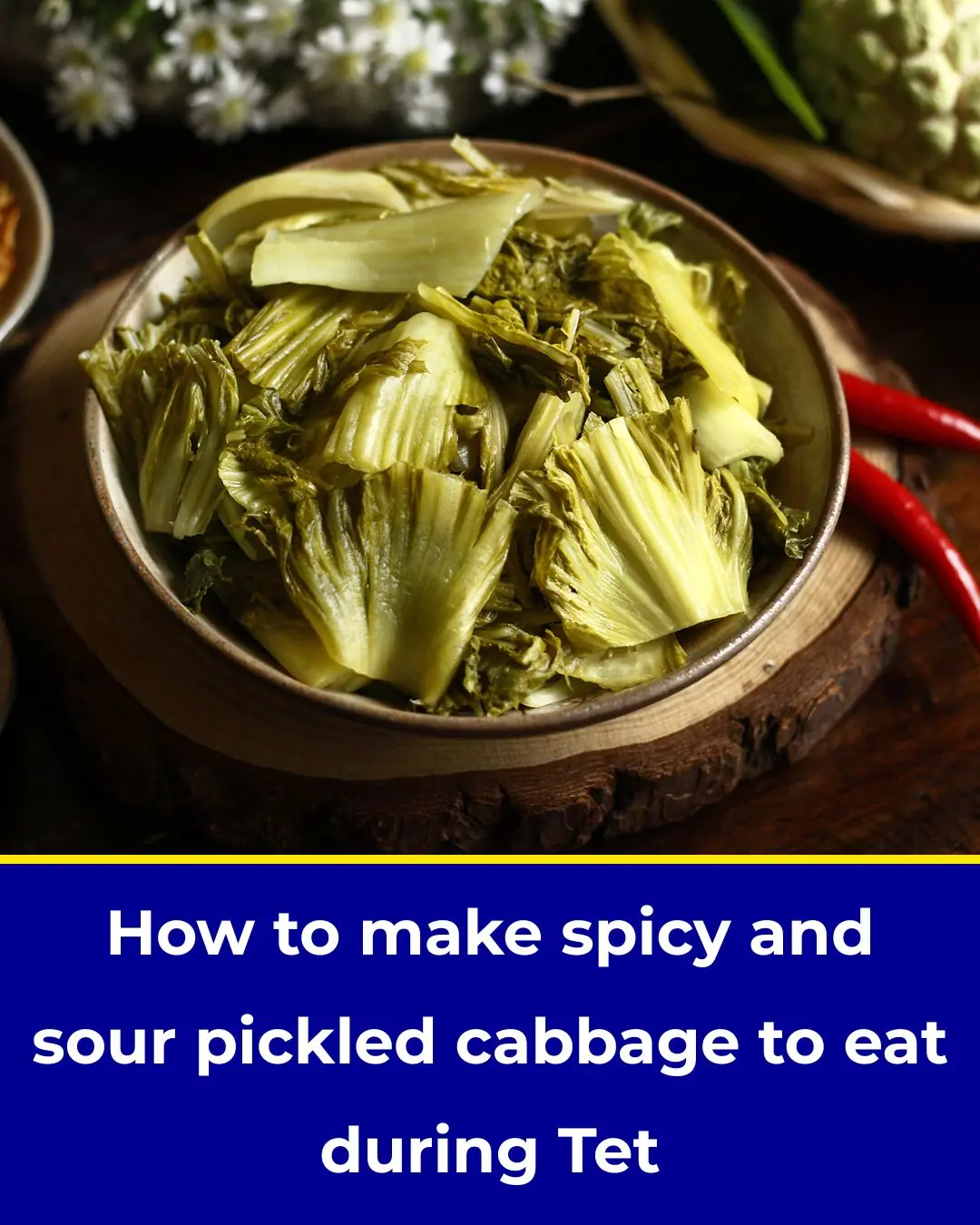
How to make spicy and sour pickled cabbage to eat during Tet
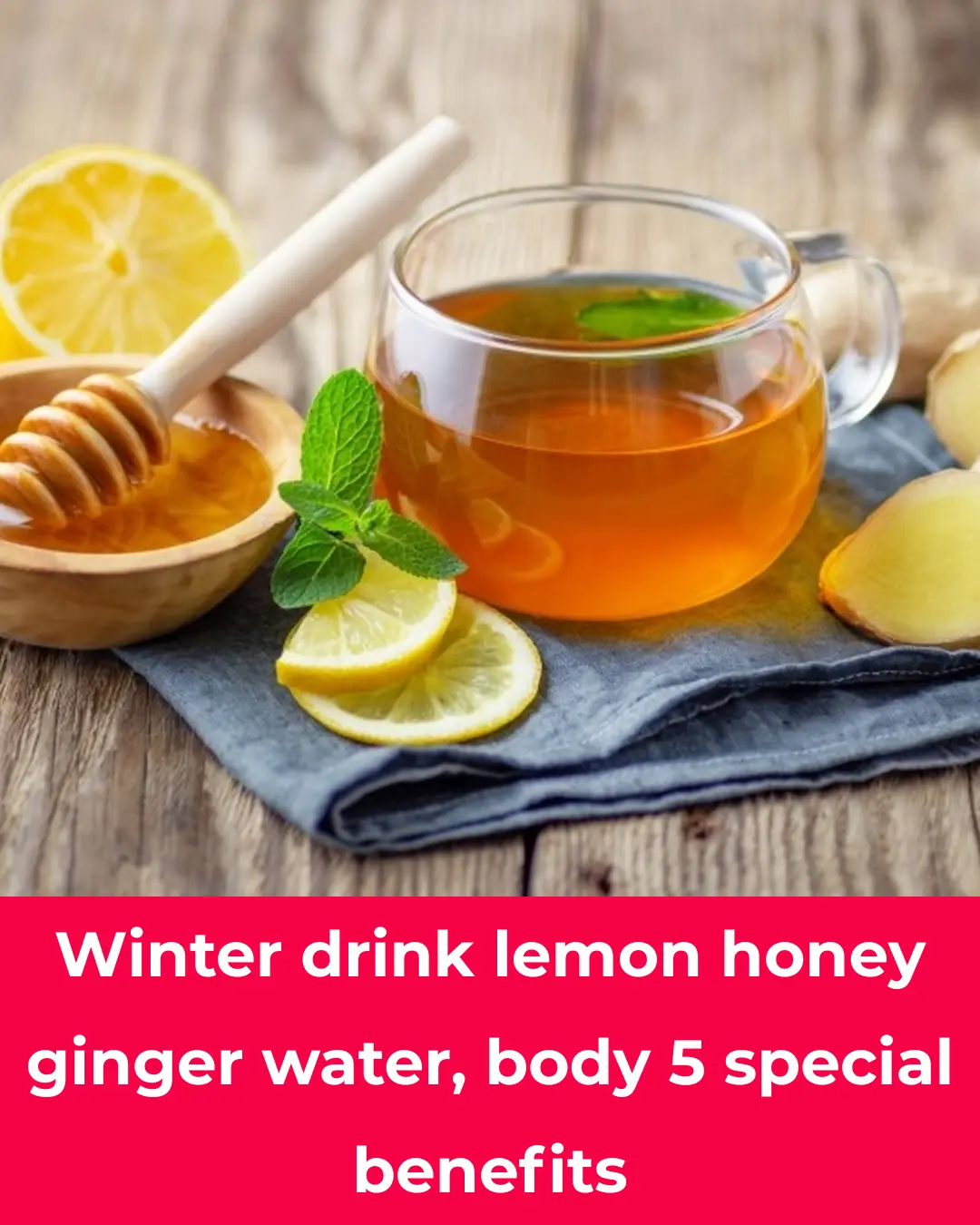
Winter drink lemon honey ginger water, body 5 special benefits

The Little Bear Who Just Needed a Way Home.
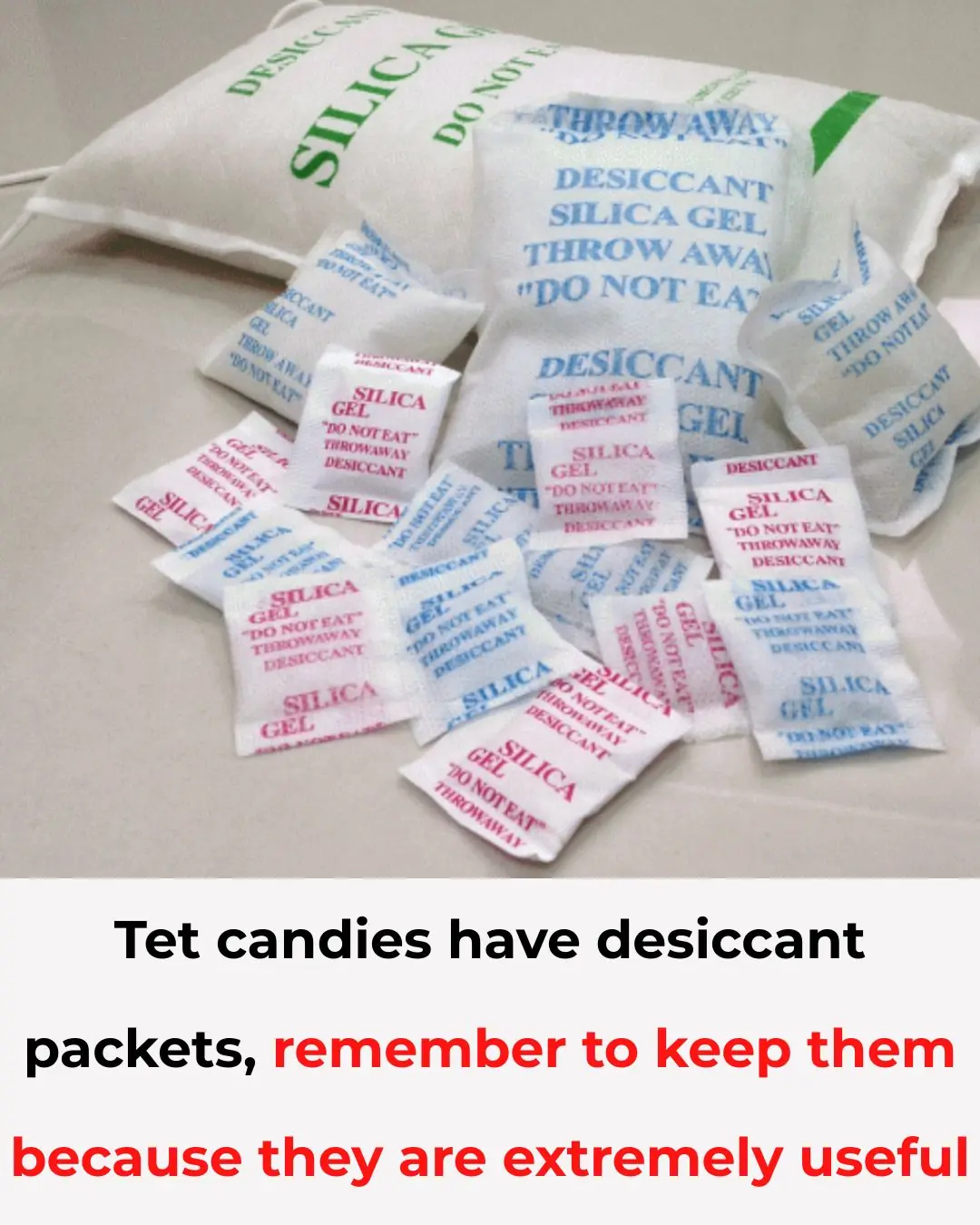
Tet candies have desiccant packets, remember to keep them because they are extremely useful.
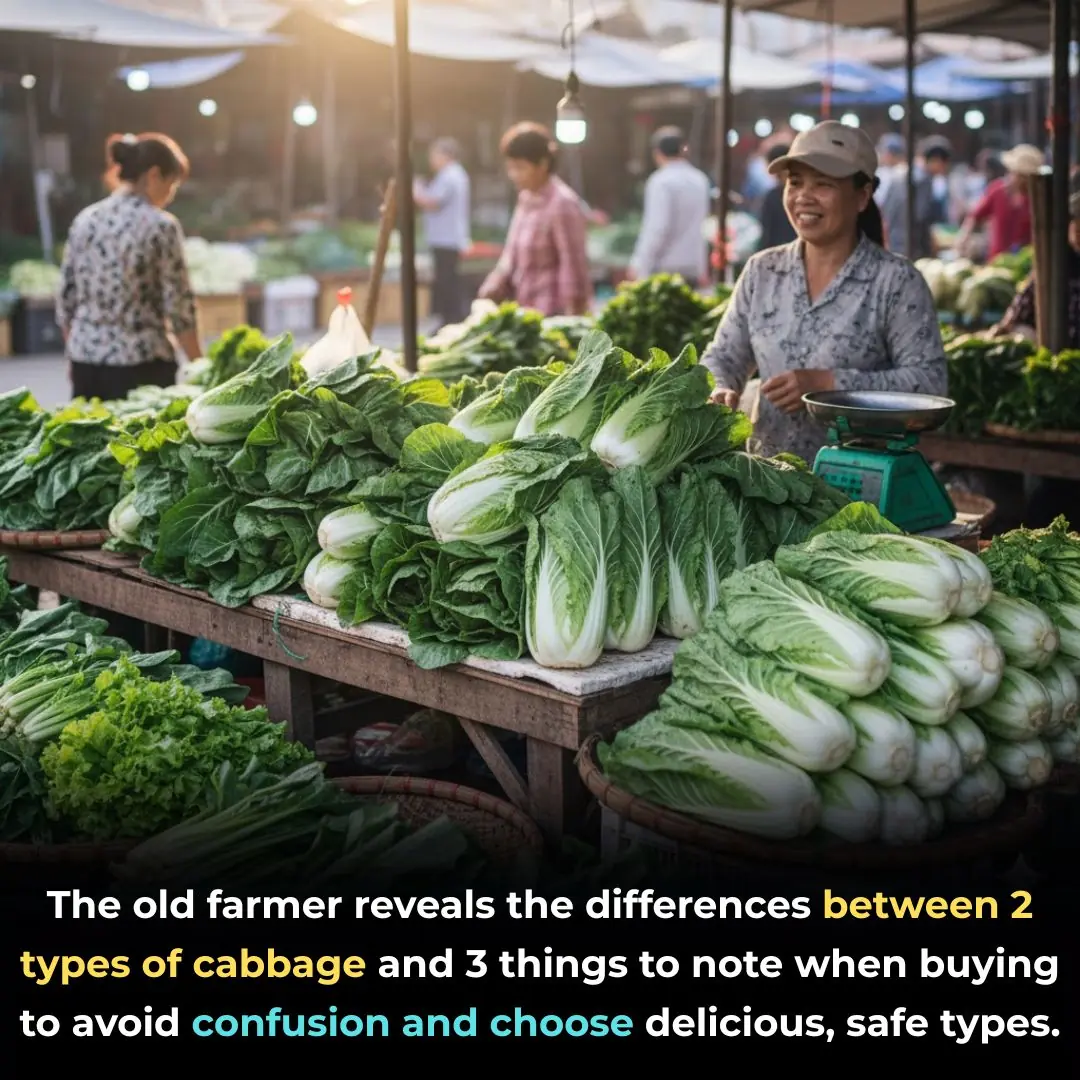
The old farmer reveals the differences between 2 types of cabbage and 3 things to note when buying to avoid confusion and choose delicious, safe types.
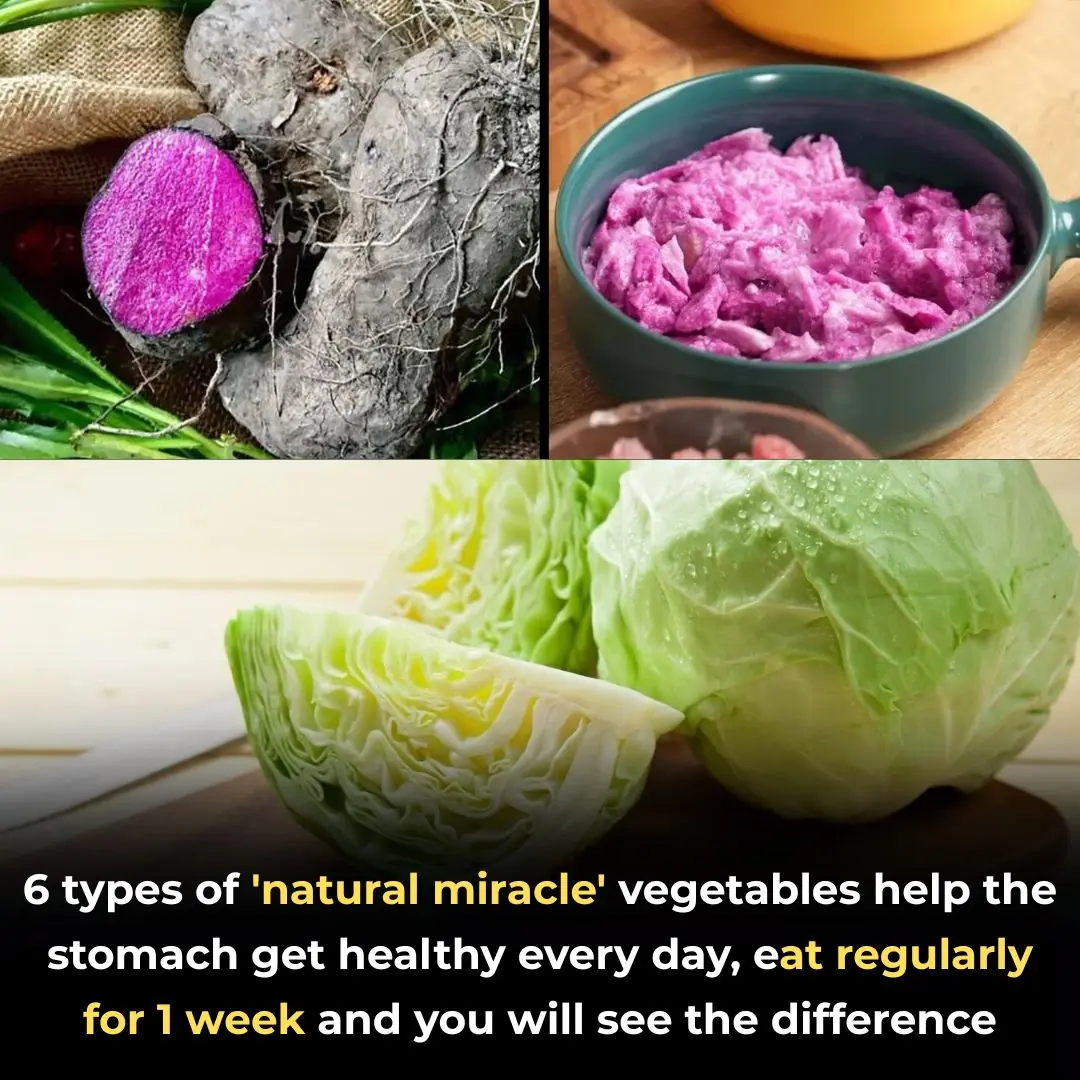
6 types of 'natural miracle' vegetables help the stomach get healthy every day, eat regularly for 1 week and you will see the difference
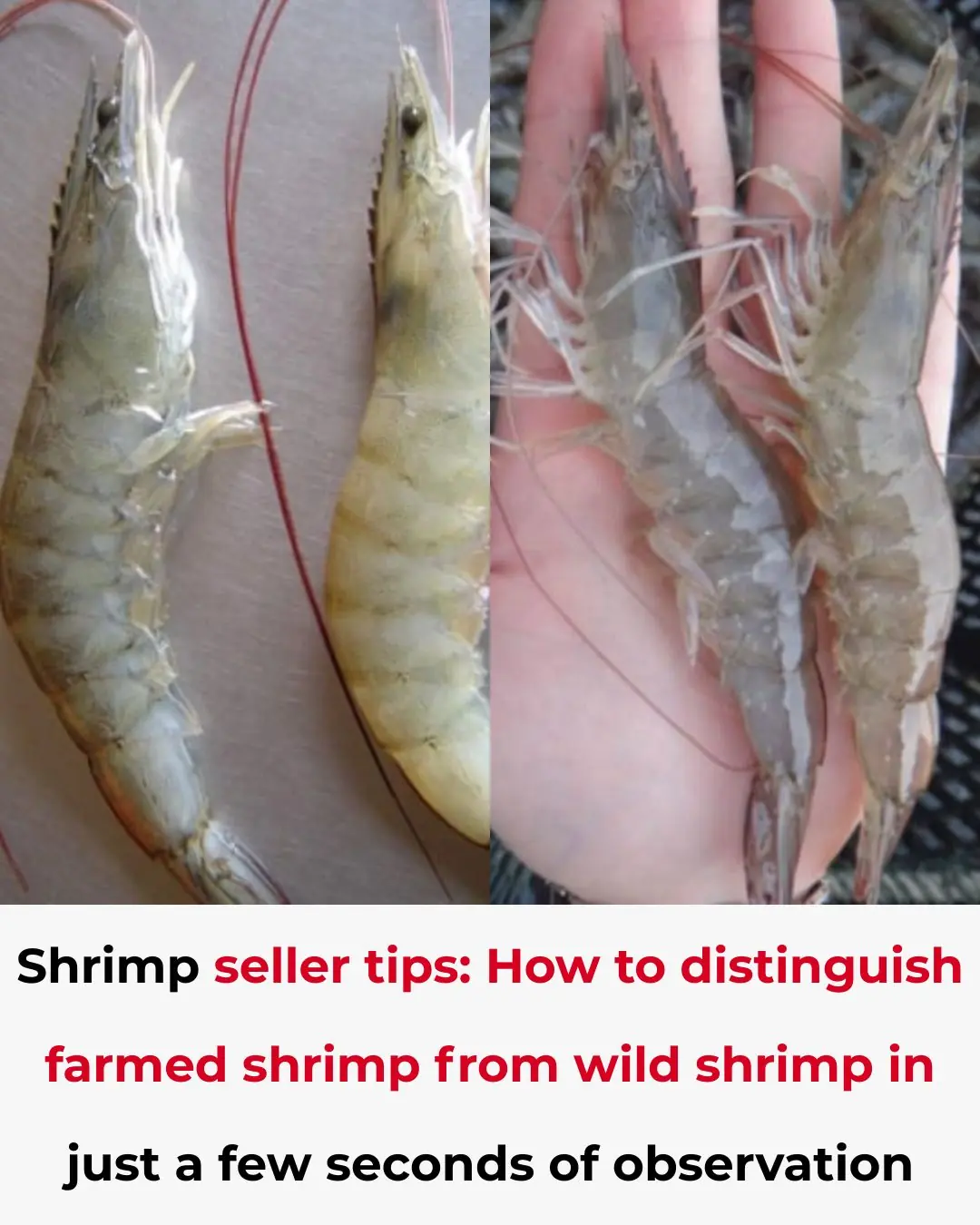
Shrimp seller tips: How to distinguish farmed shrimp from wild shrimp in just a few seconds of observation
